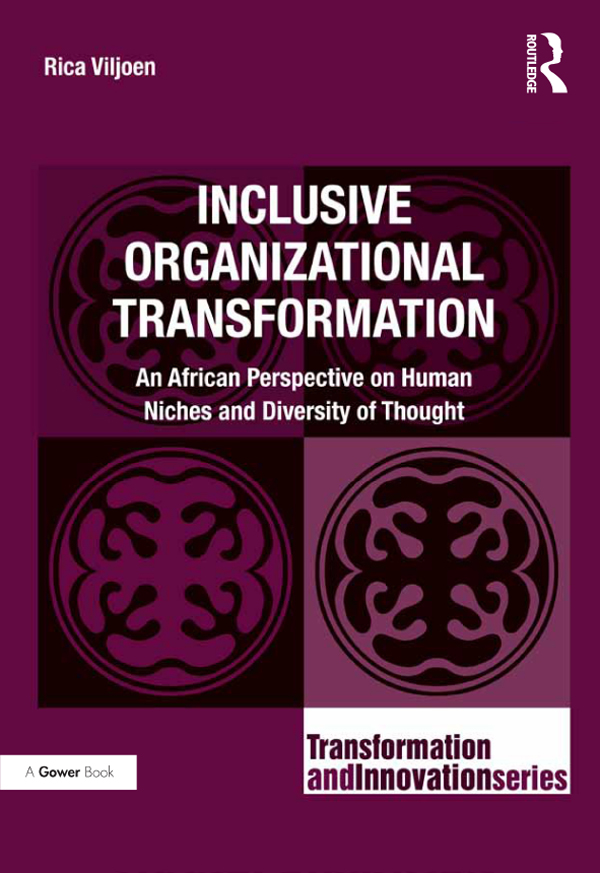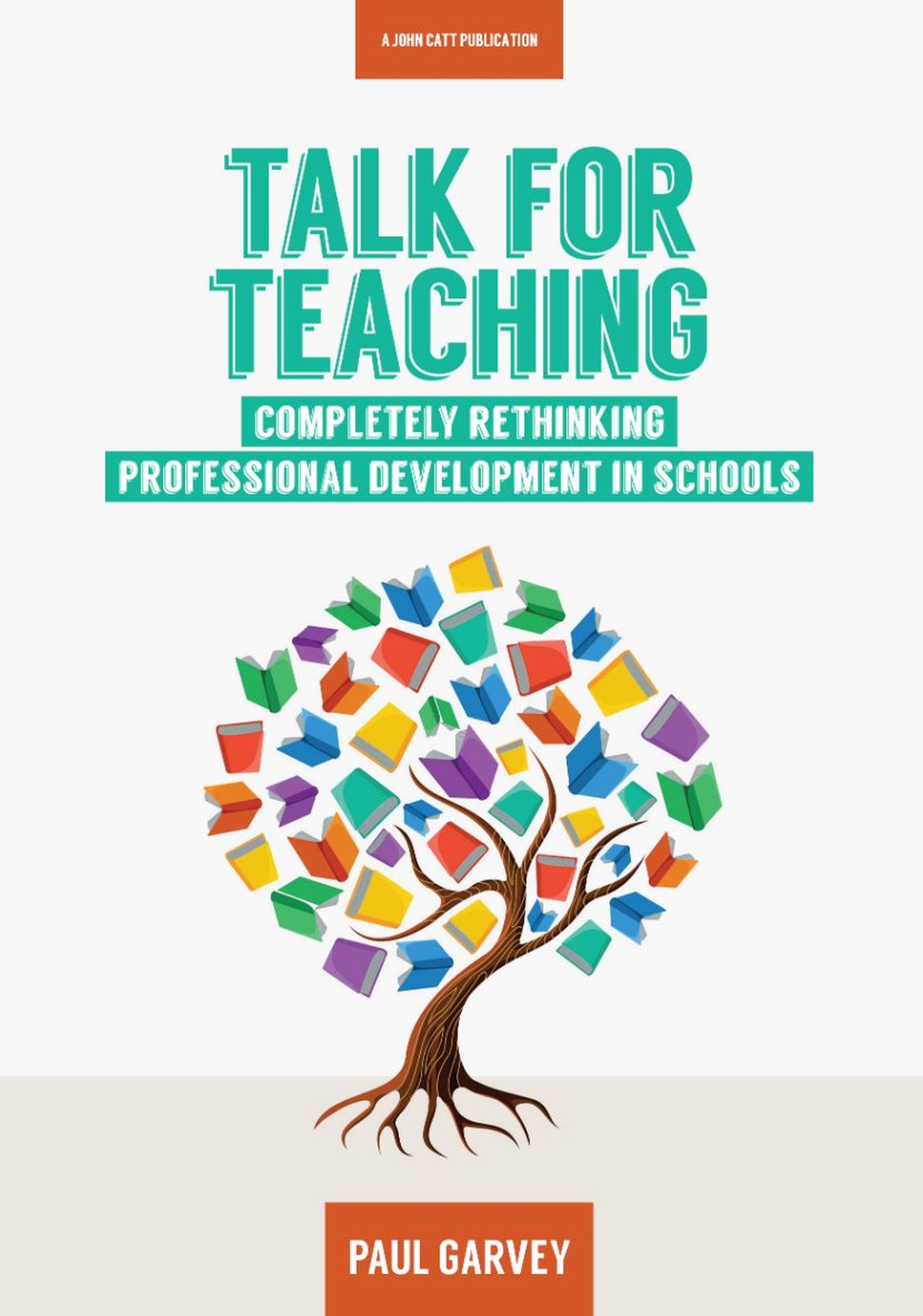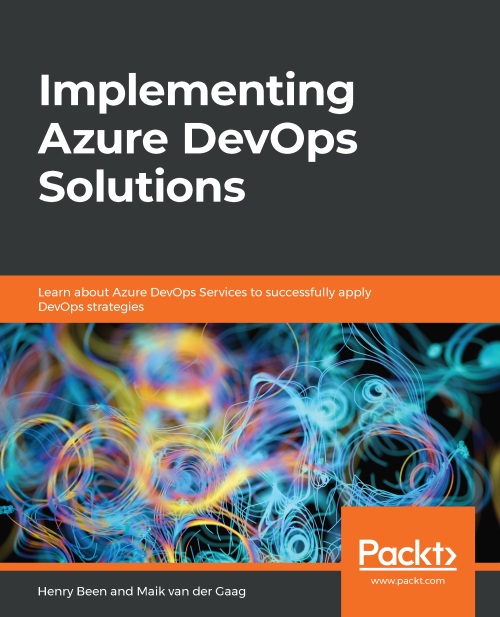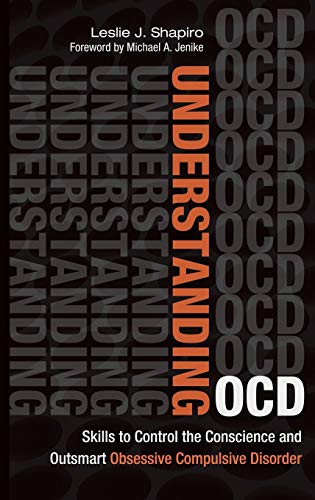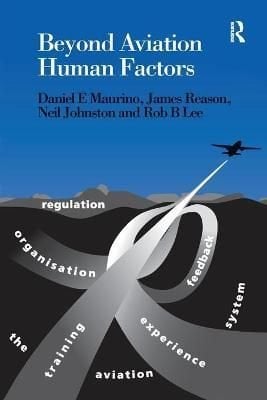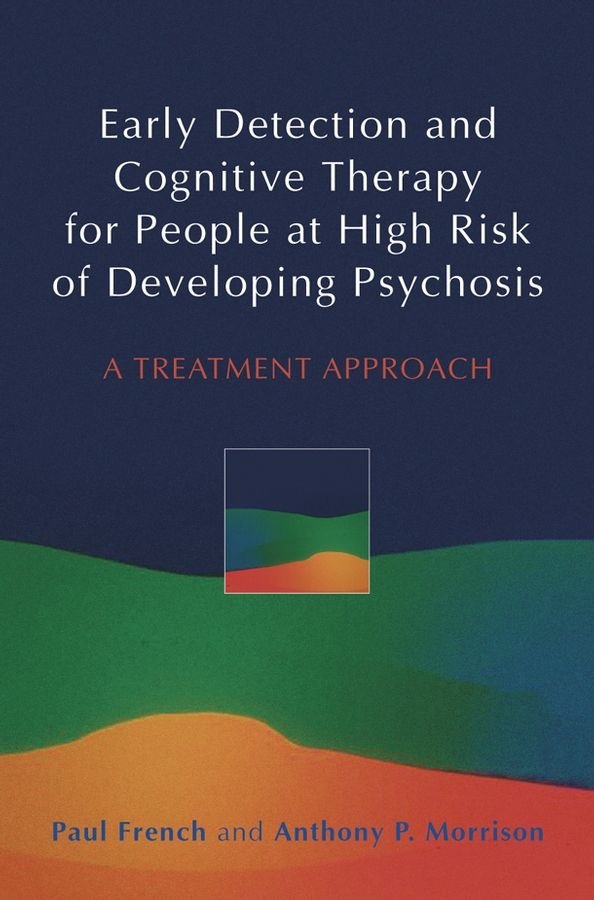Globalization, consumerism, legislation and human rights issues impact on workplace demographics, changing the very nature thereof. It is of strategic importance to ensure that the benefits of diverse viewpoints and stakeholders are leveraged. However the underlying worldviews of economists, business leaders and consultants are often informed from a Western paradigm and solutions proposed and interventions facilitated are not integrated, integral, systemic or congruent with the containing environment or ecology. In Inclusive Organizational Transformation, Dr Rica Viljoen acknowledges that diversity of thought presents both gifts and challenges to leadership in multi-national organizations. The existential question with which an individual is confronted impacts on his or her worldview. By continuously applying a specific worldview, certain gifts manifest. These are called Human Niches. Here, Inclusivity is positioned as a radical transformational methodology with the purpose of unleashing the benefits of engagement and diversity of thought. The process of Inclusivity enables organizations to optimize the gifts of and contributions from a diverse workforce and unleash tacit knowledge. Case studies from Ghana, South Africa, and one where the same strategy had to be implemented in Australia, Peru and Tanzania are included and insights gained from the dynamics observed are shared. A synthesis of Inclusivity is presented in a model, meta-insights are derived and the prerequisites for Inclusivity on individual, group and organizational domain are illustrated.
